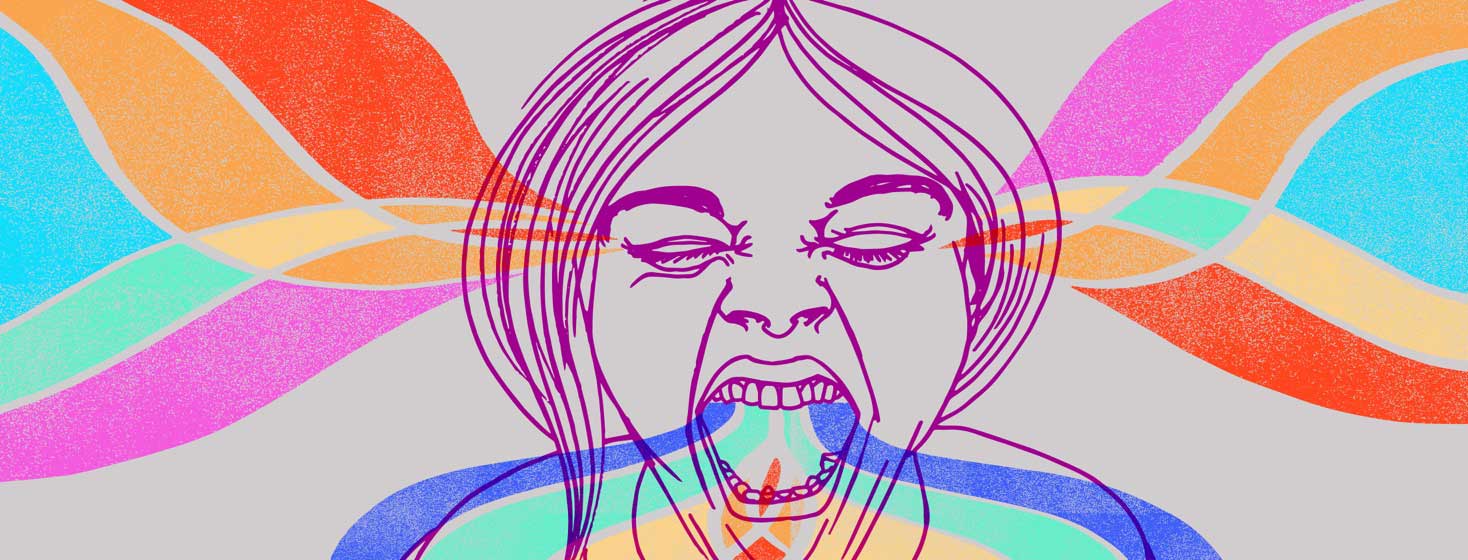Ask the Advocates: Mental Health (Part 3)
How do you best cope with mental health challenges?
Alyssa
I have always been upfront about how I help cope with my mental health. I have encountered many challenges that are thrown my way. One of the most useful tools is my therapist. She has worked with me since the age of 7. She is someone I feel comfortable with. When I am going through a hard time, I always find it beneficial to have someone from the outside help. Going to therapy gives me a pause that I need to step back and assess the situation without completely freaking out.
When I am in high-stress situations, I tend to put extra pressure on myself that is not good for my mental health. She helps me to work through this and realize how far I have come. Another important mechanism that is helpful for me is to spend a little extra time with the people who make me laugh. Not to sound cliché but this really can change your whole outlook on a situation if you can get some laughter into your life.
Julia
I cope with my mental challenges by having gratitude, optimism, mental strength, and escaping. I believe I was optimistic from a very early age, possibly at birth. Gratitude is something I learned as well as my mental strength or survival skills. My survival skills (mental strength) and gratitude are possibly due to my learning to cope with a lot of health obstacles and challenges from birth.
Witnessing other children in hospitals that did not make it through surgeries and knowing that I was a lucky one to have survived; provided me with a sense of gratitude that I might not have had otherwise. Health obstacles required me to be mentally strong. I learned to be strong to survive.
Also, the ability to escape my troubles was essential. I found a way to escape my health worries through the arts. Performing has been from a very early age, something I could look forward to. It is a way for me to escape into something fun and beautiful. Having a creative mind helped me improve my emotions and helped me reduce my negative ones. The arts have helped me with coping skills through a positive environment. It is my constant joy and something that has not let me down. Through the arts, I can focus, process, and release my emotions in a positive way that is helpful for my mental health.
Performing arts has been a blessing for me for expressing myself. When you perform live theater, you have some control of the outcome. Often though you do not. Things happen all the time on the stage that you don’t expect. Learning how to deal with these surprises has helped me in times of my life’s unknowns. The arts have helped me in ways I will forever be grateful. I remain thankful, optimistic, and strong in order to survive.
Tina
I’ve learned different ways to cope with mental health challenges. The coping skills I use really depends on the severity of the situation. There are times that I need to vent while gaining advice on ways to manage stress. These are the times I reach out to my therapist. I’ve been able to learn valuable coping skills from her through our sessions.
Releasing is probably the coping skill I use most often. I’m the one everyone considers to be strong. In the past, I felt guilty about letting things out. Now I allow myself to have those moments. I may cry, laugh, scream (well not really...lol), cry again, or call a friend. However, I need to release it at that moment I do. I had a chaplain ask me what I’m most proud of, “I’ve fallen, and I got back up.”

Join the conversation